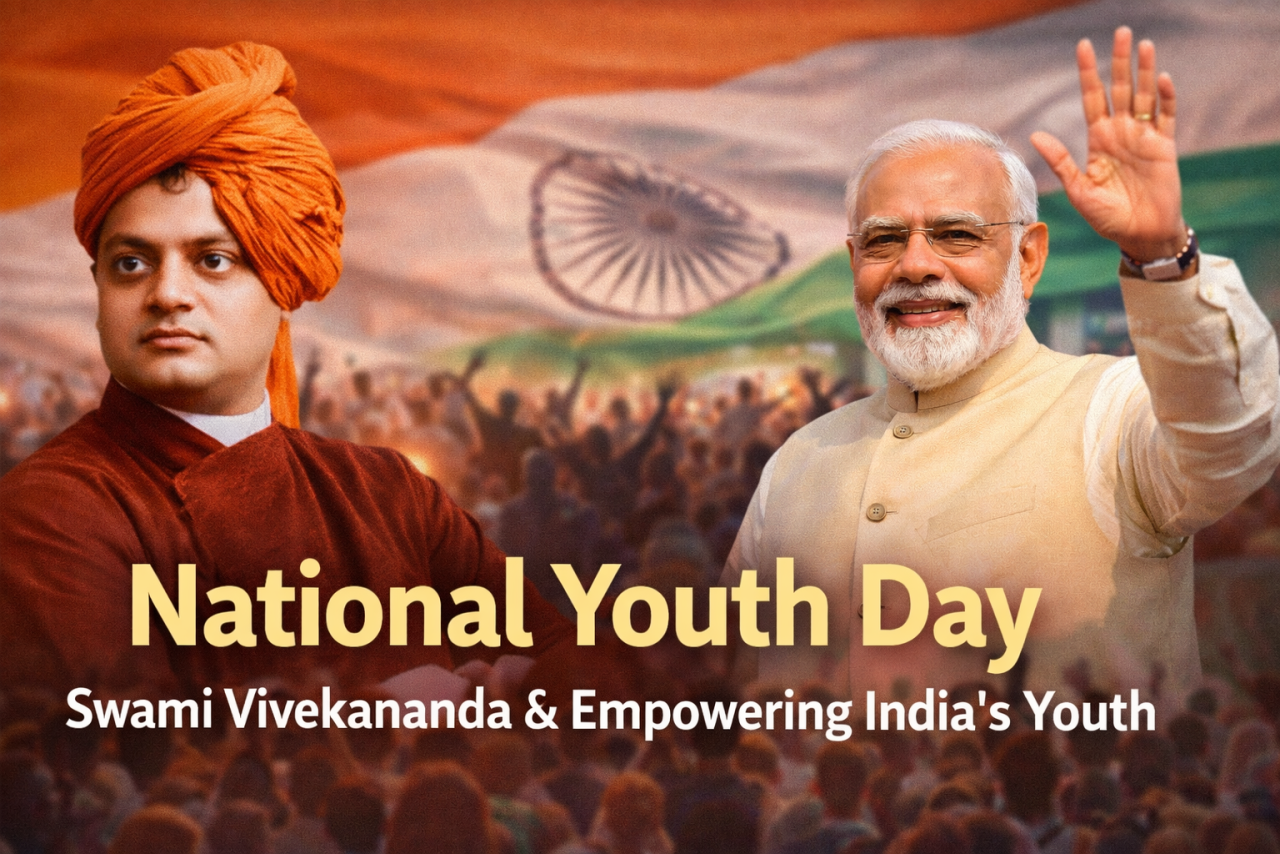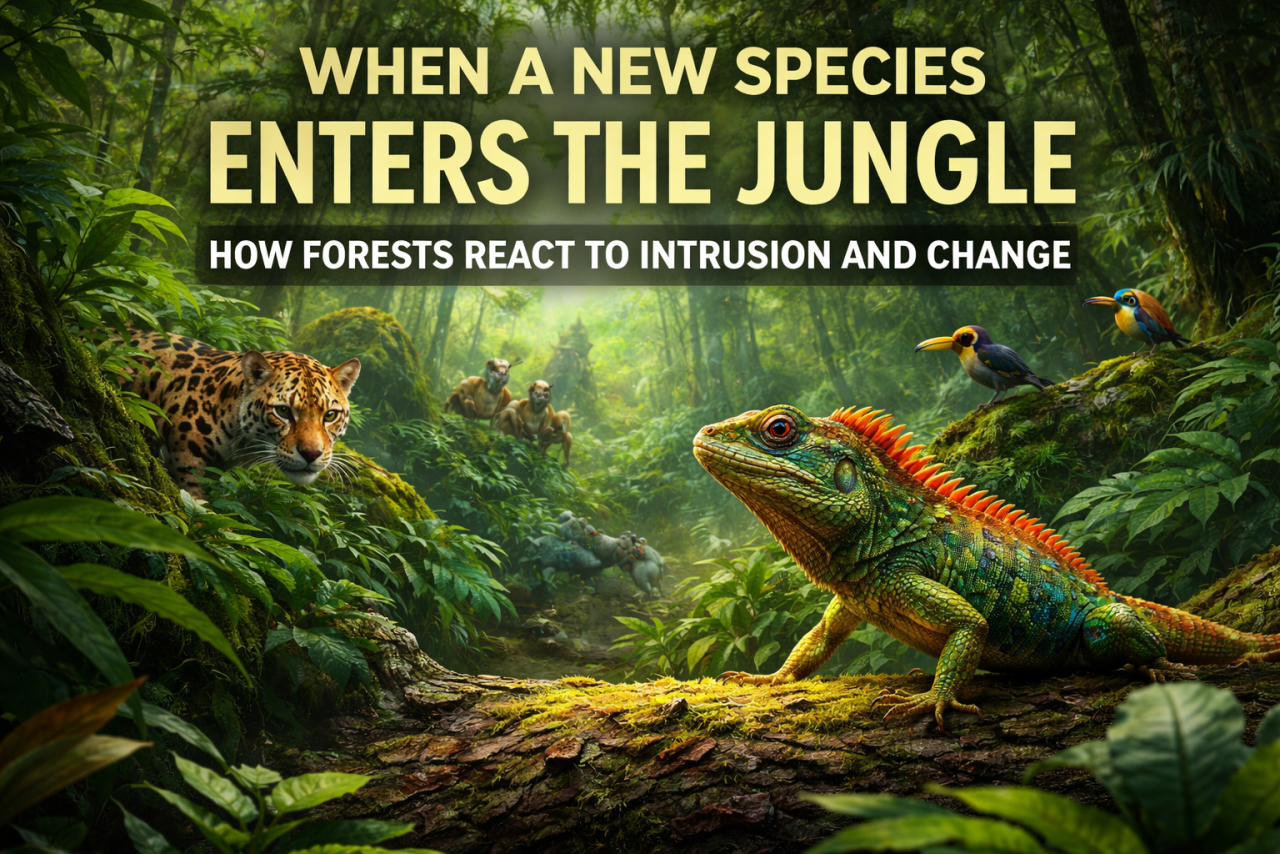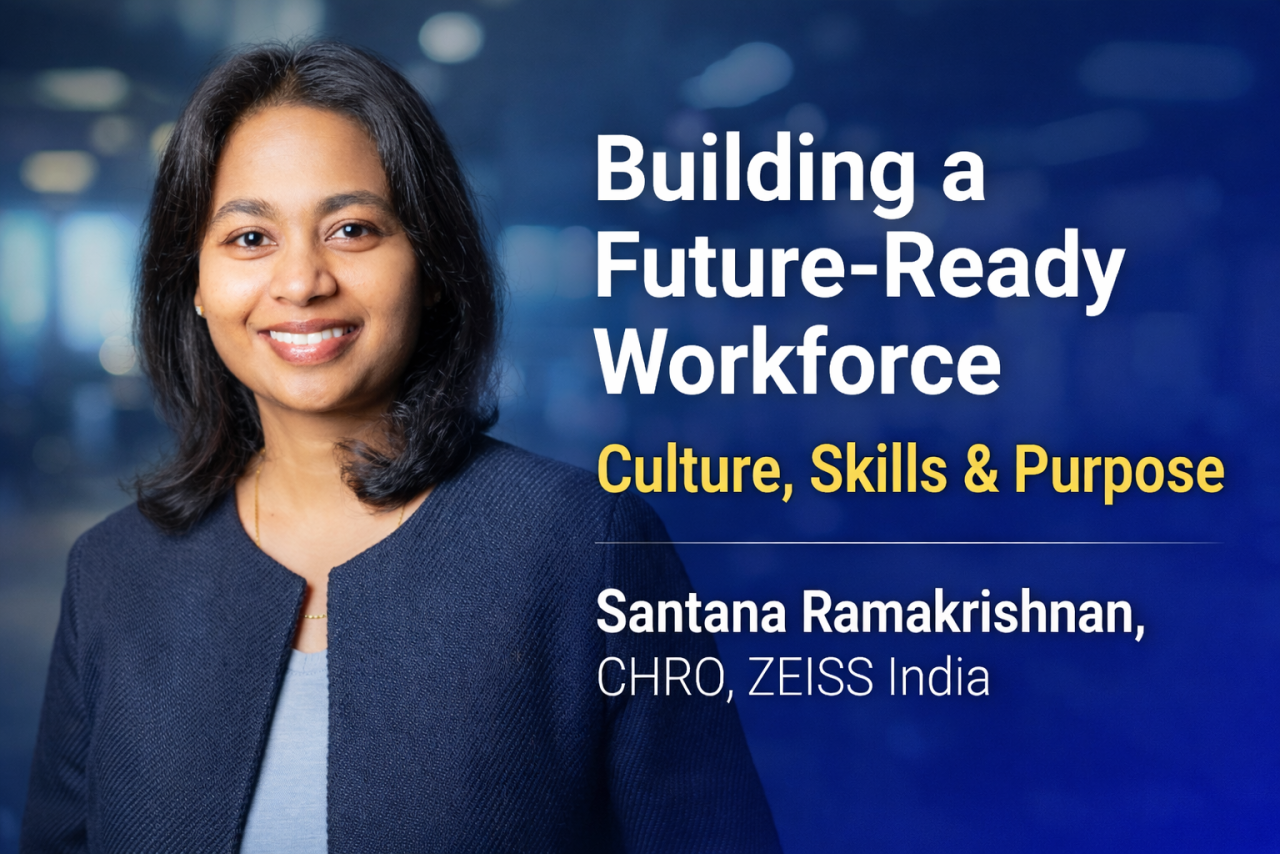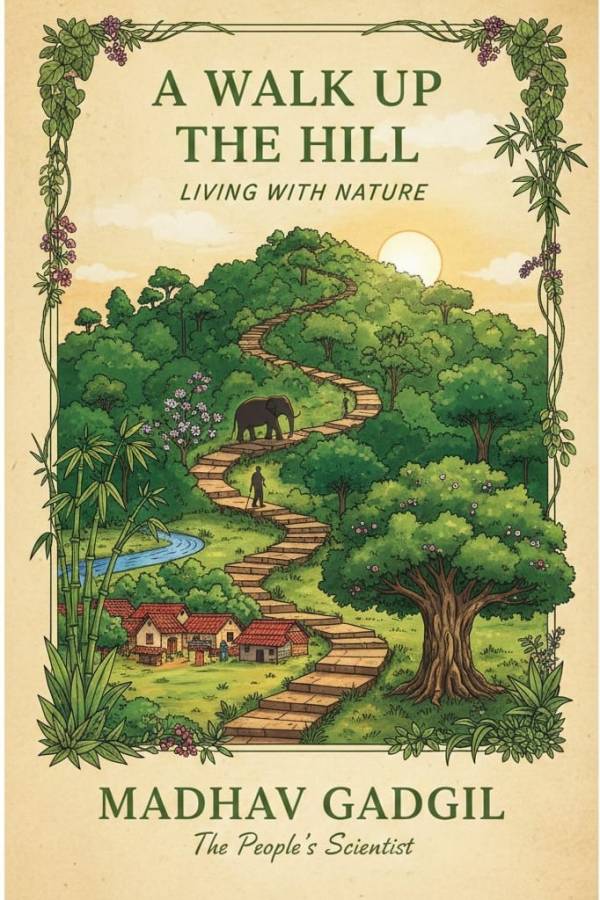
The adage, "We mature by damage, not by age," encapsulates a profound truth about the human experience. It suggests that growth and maturity are not merely the result of the passage of time but are instead forged through the trials, tribulations, and scars we accumulate along the way. As the philosopher Friedrich Nietzsche once said, "That which does not kill us makes us stronger." This sentiment underscores the idea that it is through adversity, not the mere ticking of the clock, that we truly come into our own.
The Illusion of Age-Based Maturity
Society often equates maturity with age. We assume that as people grow older, they naturally become wiser, more responsible, and more emotionally stable. However, this is a simplistic and often misleading assumption. Age alone does not guarantee maturity. As C.S. Lewis aptly observed, "You are never too old to set another goal or to dream a new dream." This implies that maturity is not a fixed state achieved at a certain age but an ongoing process shaped by experiences, challenges, and self-reflection.
Consider the example of two individuals of the same age: one who has lived a sheltered, unchallenged life and another who has faced significant hardships. The latter is likely to exhibit greater emotional depth, resilience, and wisdom, not because they are older but because they have been shaped by their struggles. As the poet Kahlil Gibran wrote, "Out of suffering have emerged the strongest souls; the most massive characters are seared with scars."
The Role of Damage in Shaping Character
Damage, in this context, refers to the emotional, psychological, and sometimes physical wounds we endure throughout life. These wounds, while painful, often serve as catalysts for growth. They force us to confront our limitations, question our assumptions, and develop new ways of coping. As the psychologist Carl Jung noted, "I am not what happened to me, I am what I choose to become." This highlights the transformative power of adversity—it is not the damage itself that defines us but how we respond to it.
Take, for example, the experience of failure. Failure is a form of damage that can either break us or build us. Those who learn from their failures often emerge stronger and more resilient. As Thomas Edison famously said after countless failed attempts to invent the light bulb, "I have not failed. I've just found 10,000 ways that won't work." This perspective reframes damage as a necessary step on the path to success and self-discovery.
The Paradox of Pain and Growth
Pain is an inevitable part of life, but it is also a powerful teacher. It strips away our illusions, forces us to confront our vulnerabilities, and compels us to adapt. As the author Haruki Murakami wrote, "Pain is inevitable. Suffering is optional." This distinction is crucial. While we cannot always control the pain we experience, we can choose how we respond to it. It is through this choice that we find growth and maturity.
Consider the process of healing from a broken heart. The pain of loss can be excruciating, but it also offers an opportunity for self-reflection and personal growth. As the poet Rumi wisely noted, "The wound is the place where the light enters you." In other words, it is through our wounds that we gain insight, empathy, and a deeper understanding of ourselves and others.
The Wisdom of Scars
Scars, both literal and metaphorical, are a testament to the battles we have fought and the lessons we have learned. They are not something to be ashamed of but rather something to be proud of. As the author Ernest Hemingway wrote, "The world breaks everyone, and afterward, many are strong at the broken places." This suggests that our scars are not signs of weakness but of strength and resilience.
In many ways, scars are like badges of honor. They tell the story of our journey, the challenges we have overcome, and the person we have become as a result. As the philosopher Alain de Botton observed, "The most fulfilling human projects appeared inseparable from a degree of torment, the sources of our greatest joys lying awkwardly close to those of our greatest pains." This paradoxical relationship between pain and joy underscores the idea that our most profound growth often comes from our most difficult experiences.
The Importance of Reflection and Self-Awareness
While damage can be a powerful catalyst for growth, it is not enough to simply endure hardship. True maturity requires reflection and self-awareness. As the philosopher Socrates famously said, "The unexamined life is not worth living." This implies that it is not the experience of damage itself but our ability to learn from it that leads to growth.
Reflection allows us to make sense of our experiences, extract valuable lessons, and apply them to future challenges. It is through this process that we transform pain into wisdom. As the author Maya Angelou wrote, "Do the best you can until you know better. Then when you know better, do better." This highlights the importance of continuous learning and self-improvement in the journey toward maturity.
The Role of Community and Support
While personal reflection is crucial, we do not mature in isolation. The support of others—whether friends, family, or mentors—plays a vital role in helping us navigate the challenges of life. As the African proverb goes, "If you want to go fast, go alone. If you want to go far, go together." This emphasizes the importance of community in the process of growth and healing.
Supportive relationships provide us with the encouragement, perspective, and resources we need to overcome adversity. They remind us that we are not alone in our struggles and that there is strength in vulnerability. As the author Brené Brown observed, "Vulnerability is not winning or losing; it's having the courage to show up and be seen when we have no control over the outcome." This willingness to be vulnerable and seek support is a hallmark of true maturity.
Embracing the Journey
In the end, the idea that "we mature by damage, not by age" is a reminder that growth is not a passive process. It requires effort, courage, and a willingness to confront the challenges of life head-on. As the author Rainer Maria Rilke wrote, "Be patient toward all that is unsolved in your heart and try to love the questions themselves." This suggests that maturity is not about having all the answers but about embracing the journey, with all its ups and downs.
Ultimately, it is through our struggles that we discover our strength, our resilience, and our capacity for growth. As the philosopher Epictetus wisely noted, "It's not what happens to you, but how you react to it that matters." This perspective empowers us to take ownership of our lives and to see every challenge as an opportunity for growth. In the words of the poet Robert Frost, "In three words I can sum up everything I've learned about life: it goes on." And so do we, stronger and wiser with each passing day.





















